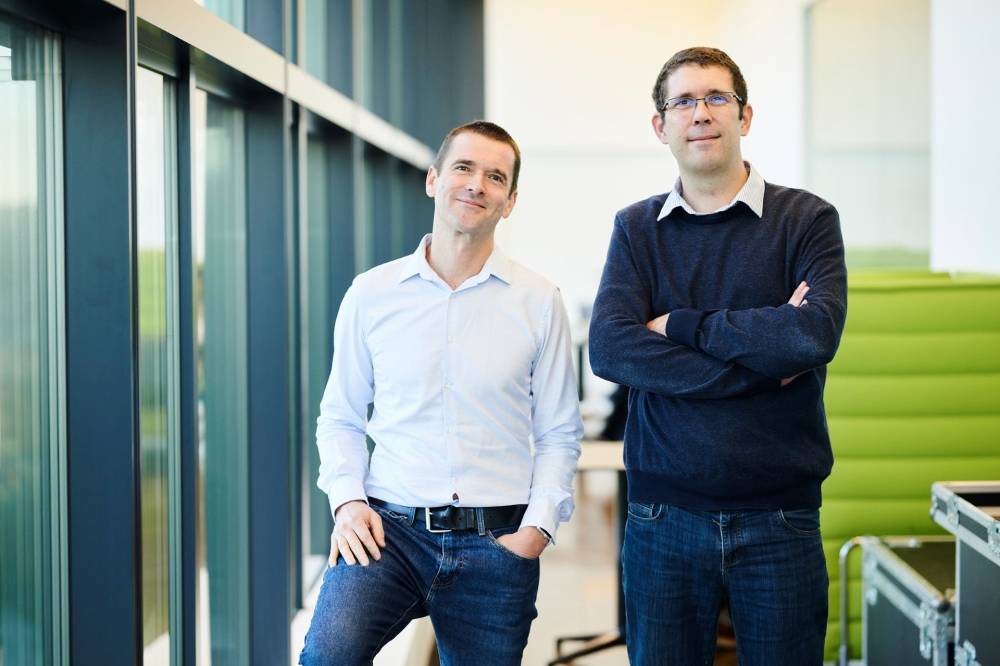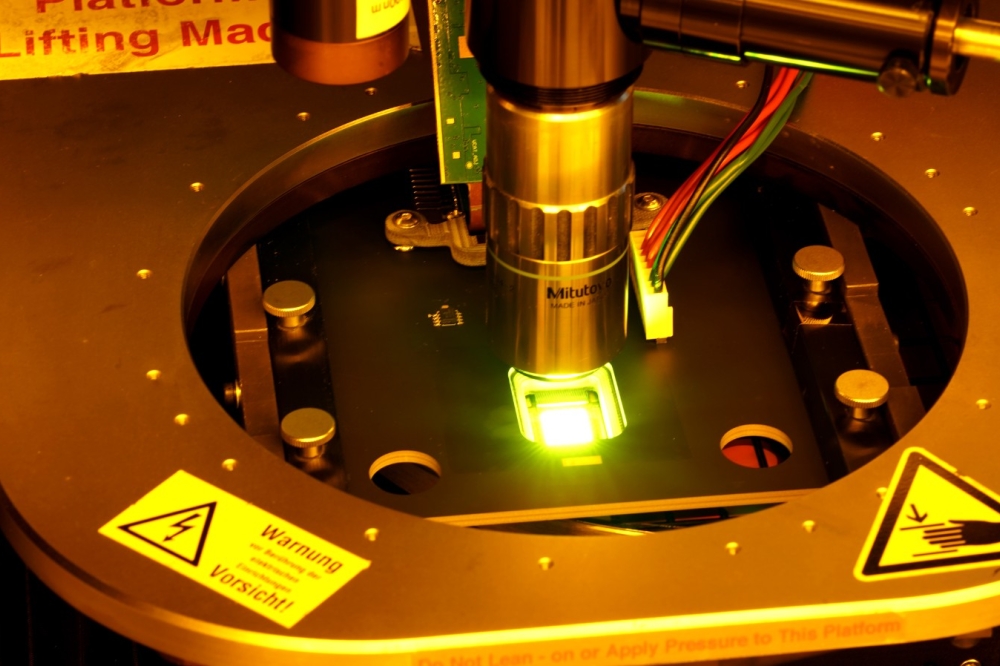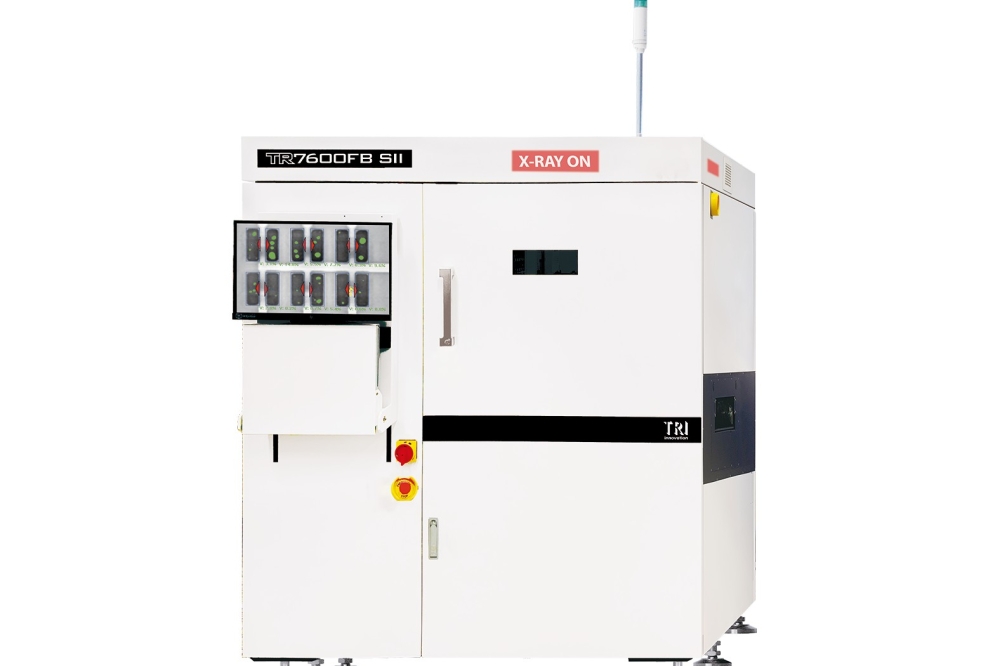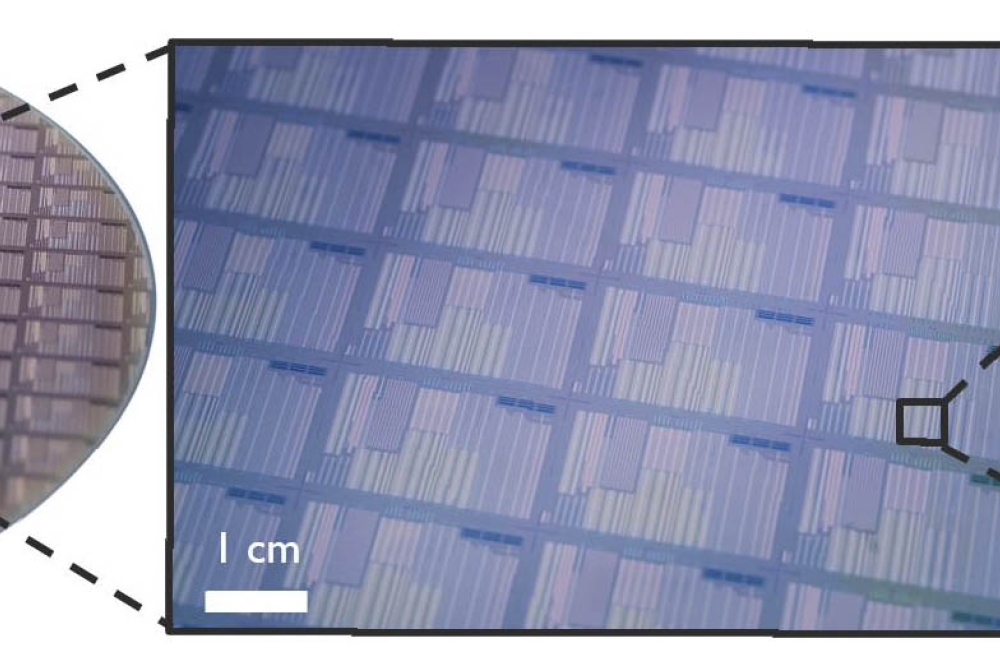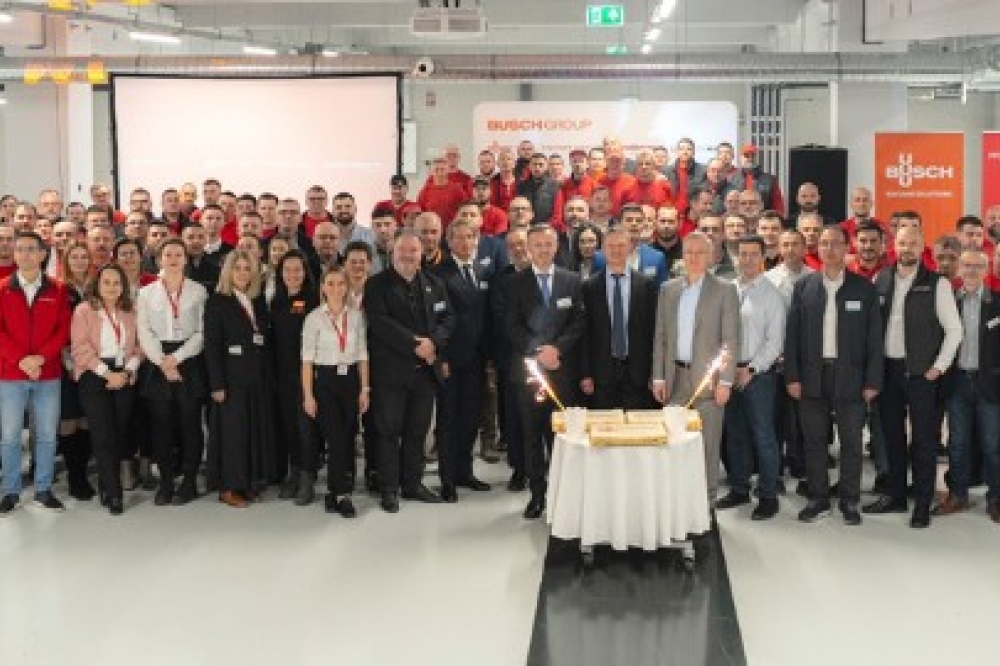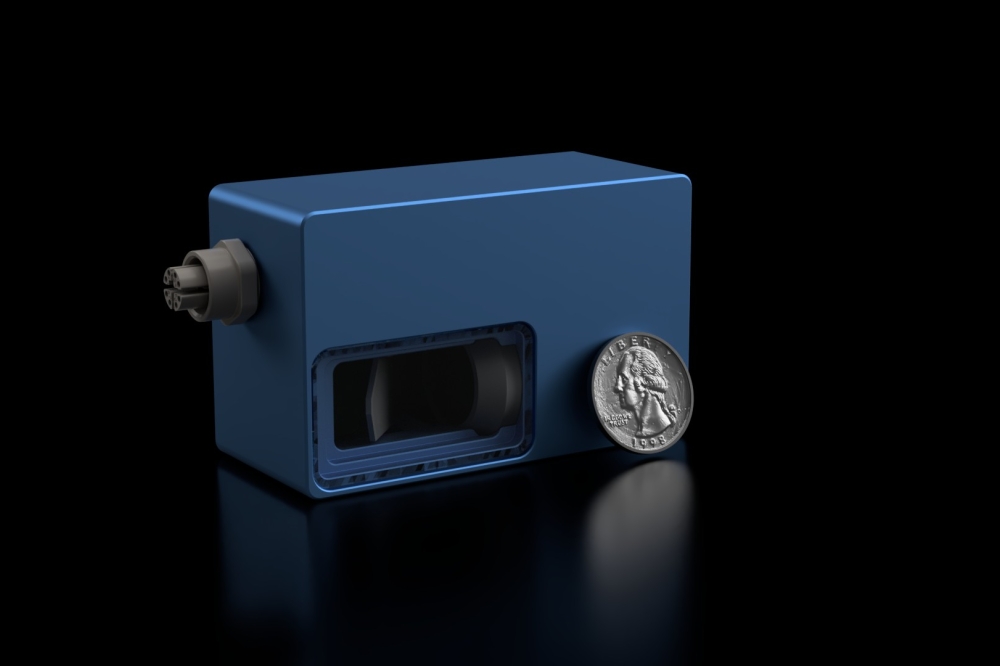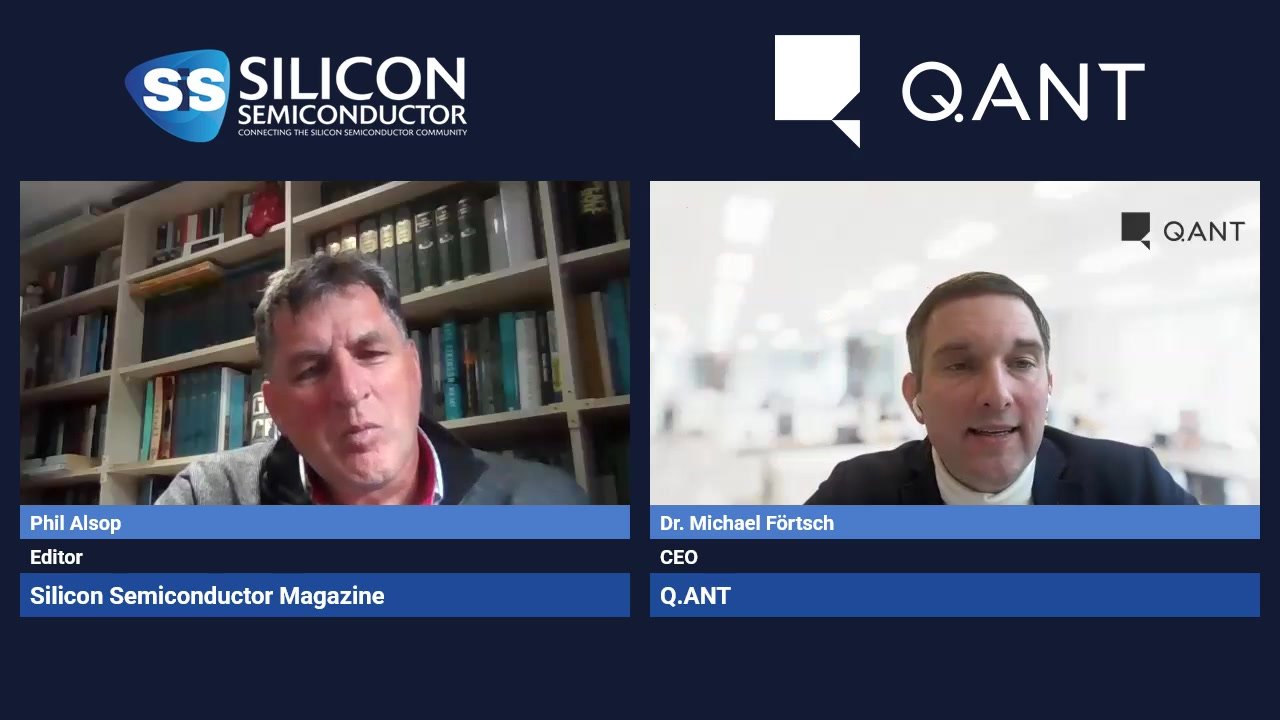Durham University researchers achieve 'world-leading' quantum entanglement of molecules
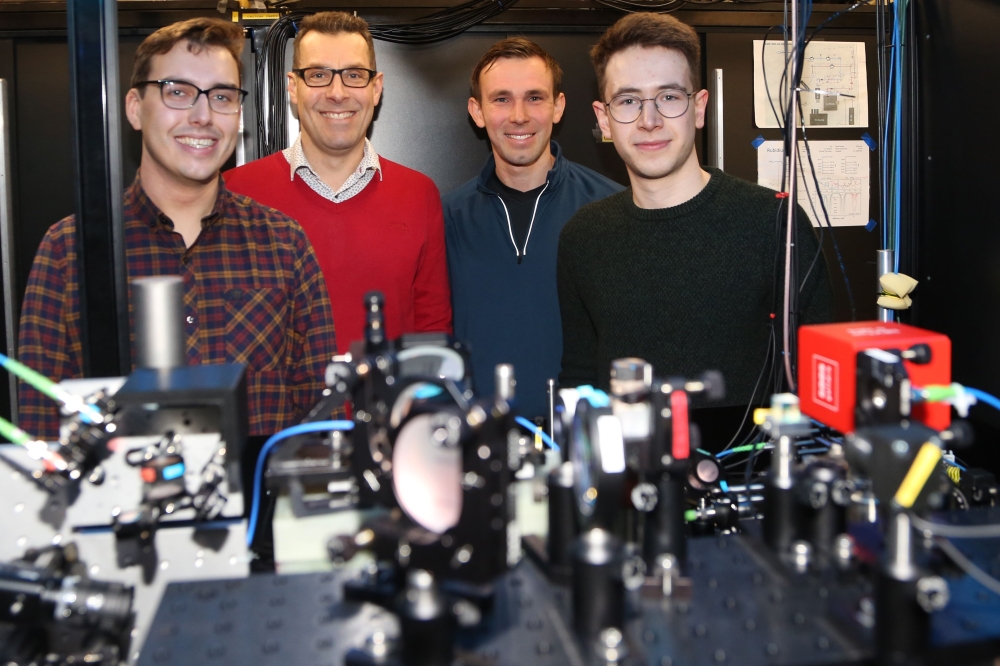
Researchers at Durham University have successfully demonstrated long-lasting quantum entanglement between molecules, opening new doors for future advancements in quantum computing, sensing, and fundamental physics.
In what is said to be a world-first, scientists used precisely controlled optical traps, known as ‘magic-wavelength optical tweezers,’ to create a highly stable environment that supports long-lasting entanglement, a key capability for next-generation quantum technology.
Quantum entanglement is a fundamental phenomenon where two particles become linked, and the state of one particle directly influences the other, regardless of the distance between them.
This phenomenon is essential for quantum computing and other advanced technologies.
While entanglement has been achieved with atoms, achieving it with complex molecules is a significant step forward because molecules offer additional structures and properties, such as vibration and rotation, that can be leveraged in advanced quantum applications.
Lead author of the study, Professor Simon Cornish of Durham University, said: “The results highlight the remarkable control we have over individual molecules. Quantum entanglement is very fragile, yet we can entangle two molecules using incredibly weak interactions and then prevent loss of the entanglement for a time approaching one second.”
This breakthrough was made possible by the development of a stable environment that maintains coherence in entangled molecules over extended periods.
By using specially tuned laser light in the optical tweezers, the researchers are able to control molecules with unprecedented precision, paving the way for more complex quantum operations.
Co-author of the study, Dr Daniel Ruttley of Durham University, said: “Our work demonstrates the incredible potential of molecules as building blocks for next-generation quantum technologies. Long-lived molecular entanglement could be exploited to construct quantum The research achieved exceptionally high entanglement fidelity, reaching levels over 92% and even higher when accounting for correctable errors. This stability in molecule entanglement is critical for applications requiring long measurement periods and storage of quantum information.
Long-lived entanglement in molecules could enhance precision measurements in quantum sensing, simulate complex quantum materials, and enable new forms of quantum computation.
Additionally, this research supports the development of ‘quantum memories’ — devices that store quantum information for longer durations, essential for advanced quantum networks.
The breakthrough is the latest in a series of advancements in quantum science and represents a major leap towards using molecules in complex quantum technology.



